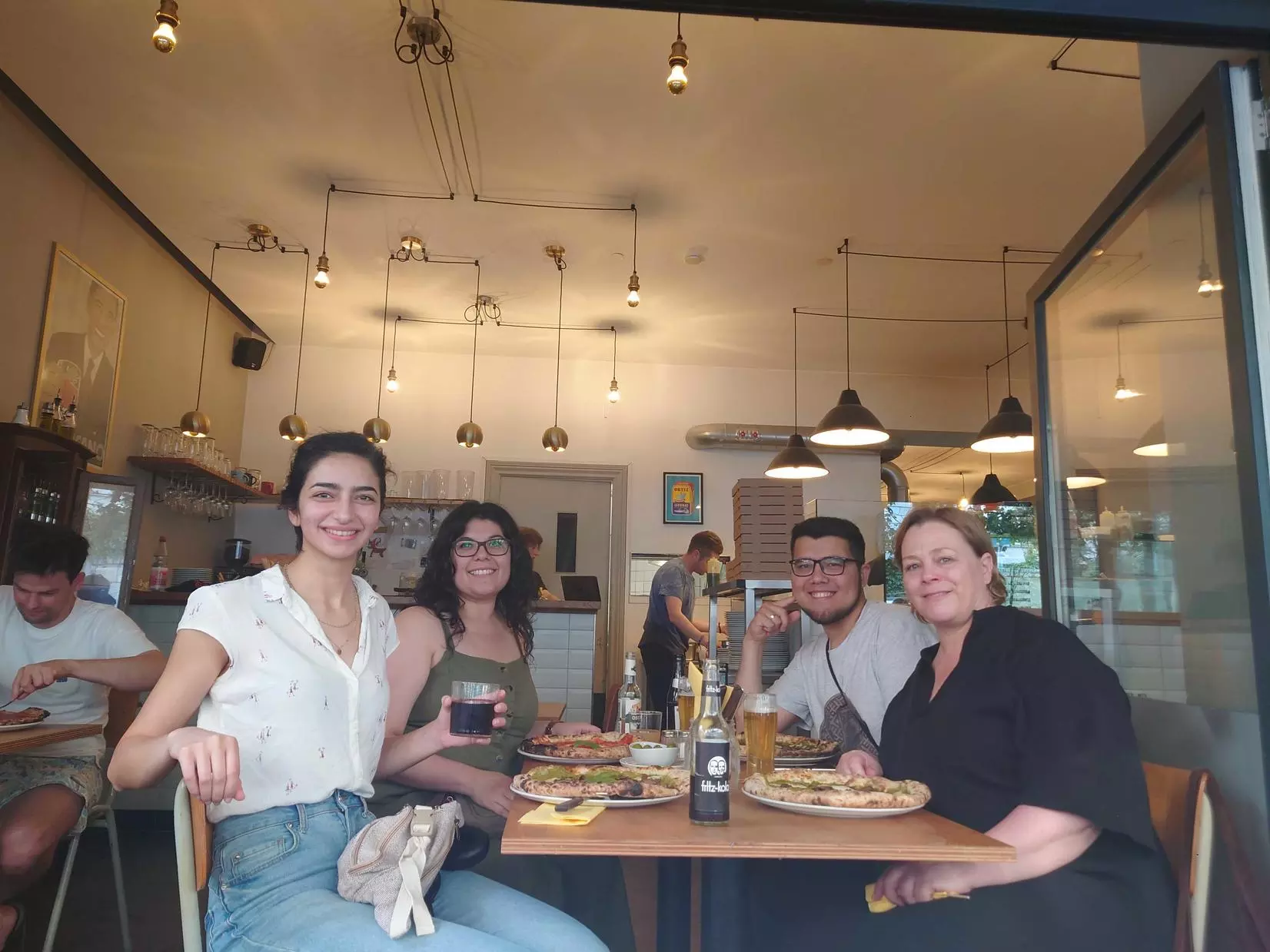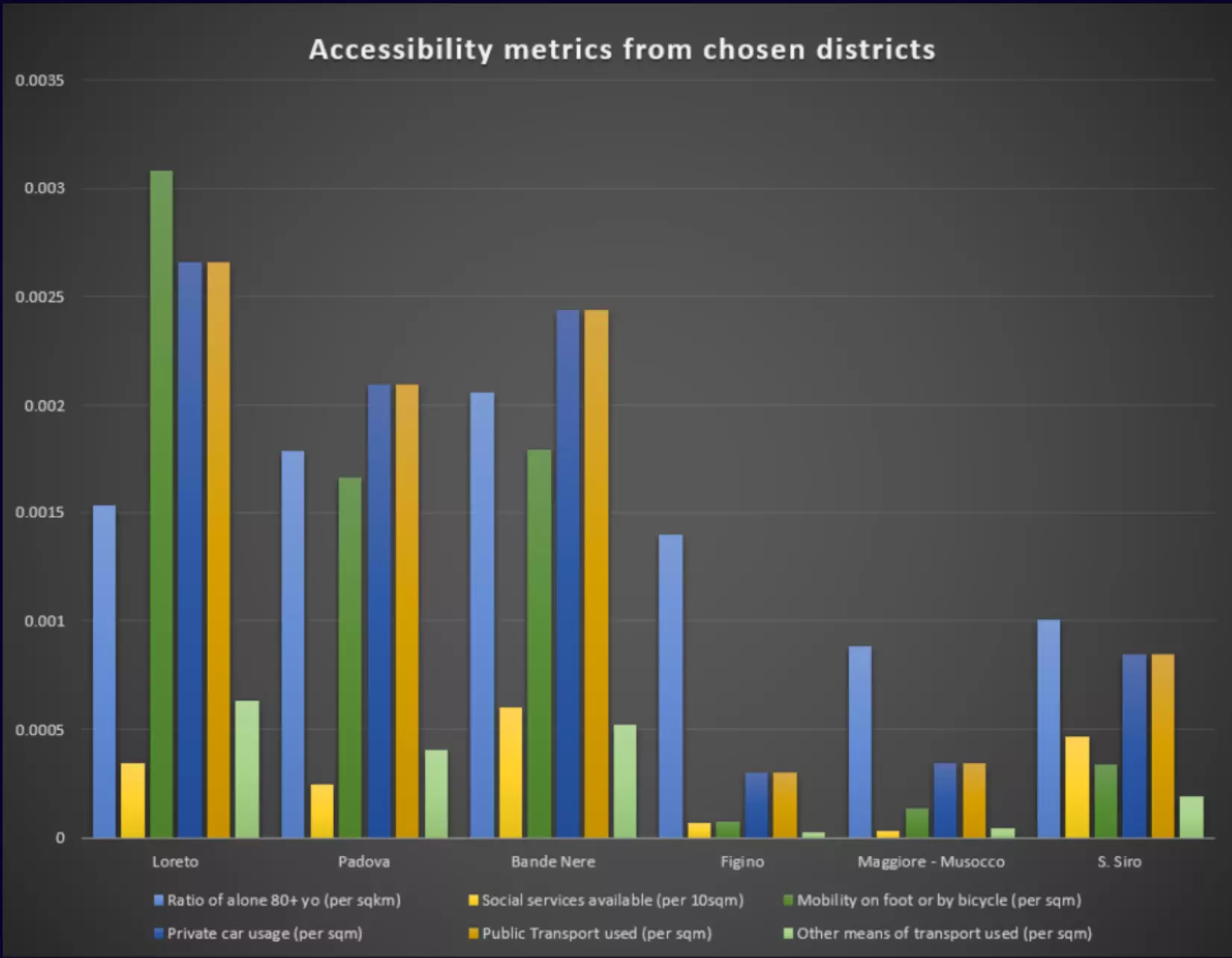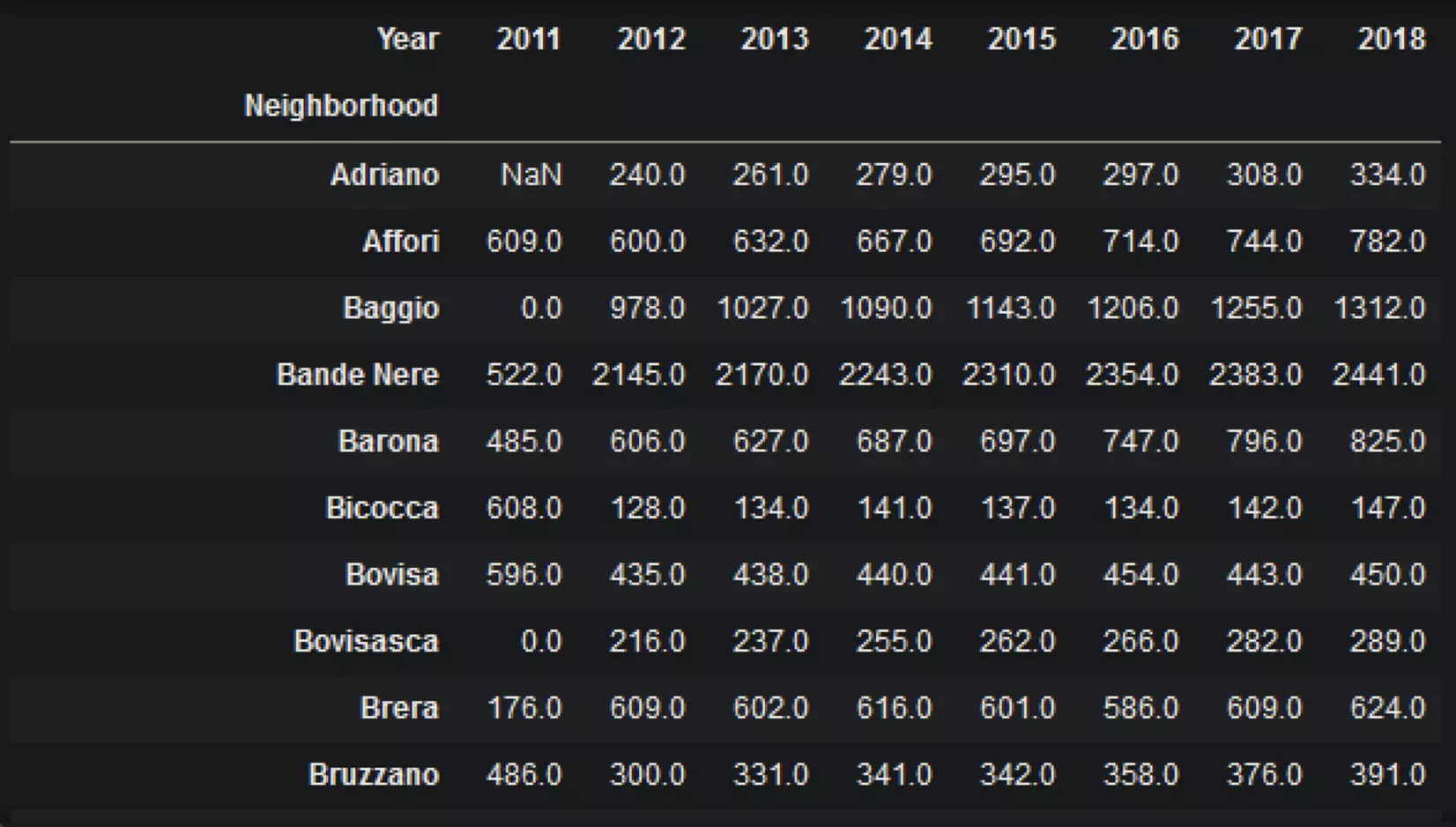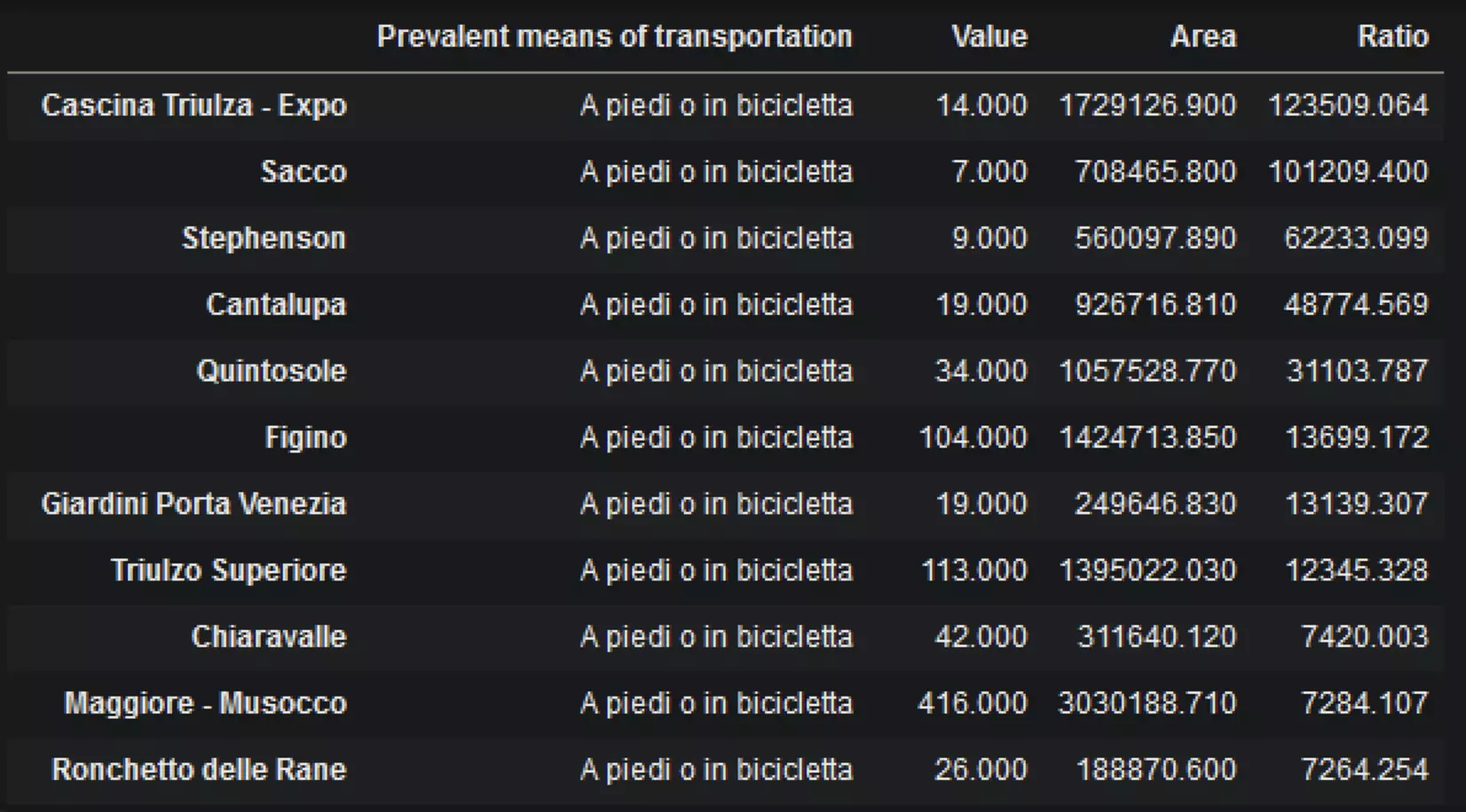Datathon: Who is a winner?
Here Technologies interviewed the winners of the MobiDataLab Datathon that took place on May 15 and 16 2023 in Berlin.
The Datathon gathered data scientists and mobility experts who analyzed the gaps in data availability to solve urban mobility challenges, and built bridges to break down barriers and enable EU-wide sharing of mobility data.
The Global Fusion Team resulted from the connection of four brilliant minds with a solid background in data science and informatics, coming from diverse horizons and prone to share their experience to develop together ‘an environmental approach to disability data‘.

The Global Fusion Team
The Global Fusion Squad team formed organically onsite and consisted of a diverse group of people in terms of background and nationality.
- Susie Kahlich (USA). CEO of SINGE GmbH, a multi-media company focused on gender equality, travel, integration, and immigration. Headquartered in Berlin, Germany.
- Dr. Margarita Diaz Cortes, Ph.D. (Mexico). SINGE member. Margarita holds a PhD in Computer Science from Freie Universität Berlin. Where her research was focused on soft computing applied to optimization, computer vision, and medicine.
- Ulugbek Ruziboev (Uzbekistan). He holds a Master’s Degree in Data Science from TU Berlin and currently serves as a Data Manager / Data Scientist at Seven Senders GmbH.
- Ferdous Nasri (Iran). Bioinformatics scientist in Berlin. She loves coding and has experience in software and web development. She is currently developing Machine Learning and algorithmic approaches for detecting pathogen outbreaks as a part of her PhD.
Solution Overview
Approaching the absence of disability-related data from an environmental perspective, they delved into the socio-economic demographic dataset provided by the City of Milan. However, they encountered a notable gap concerning the specific experiences of individuals with disabilities in utilizing mobility solutions. In response, they creatively harnessed the available datasets, which encompassed aspects such as individuals aged 80 or older living alone, disability-related considerations, six distinct areas, and four distinct metrics.
The outcome is captured in this in-depth analysis, utilizing datasets from Comune di Milano:

Below are some of the Python scripts that were used in the analysis.
- The number of people of age group 80+ living in different neighborhoods throughout the year
demographic_df[[‘Year’, ‘Neighborhood’, ’80 and over living alone’]].pivot(index=‘Neighborhood’, columns=‘Year’, values=’80 and over living alone’)

- The ratio of transport usage value by neighborhood
area_transport_usage_df[(area_transport_usage_df[‘Prevalent means of transportation’] == ‘Mezzi pubblici’) & (~area_transport_usage_df.index.str.contains(‘Parco’))].sort_values(by=‘Ratio’, ascending=False)

Closing Thoughts
Uncovering the foundational principles of sustainable and inclusive mobility, viewed through the perspective of the most marginalized, underscores the importance of people-centric urban design. This serves as a pivotal foundation for shaping the trajectory of our urban encounters in the times ahead.
The MobiDataLab Datathon 2023, organized by HERE Technologies, achieved its objectives with success. Congratulations to all participants and organizers for their contributions and involvement.
To read the original article by Here Technologies, follow this link.